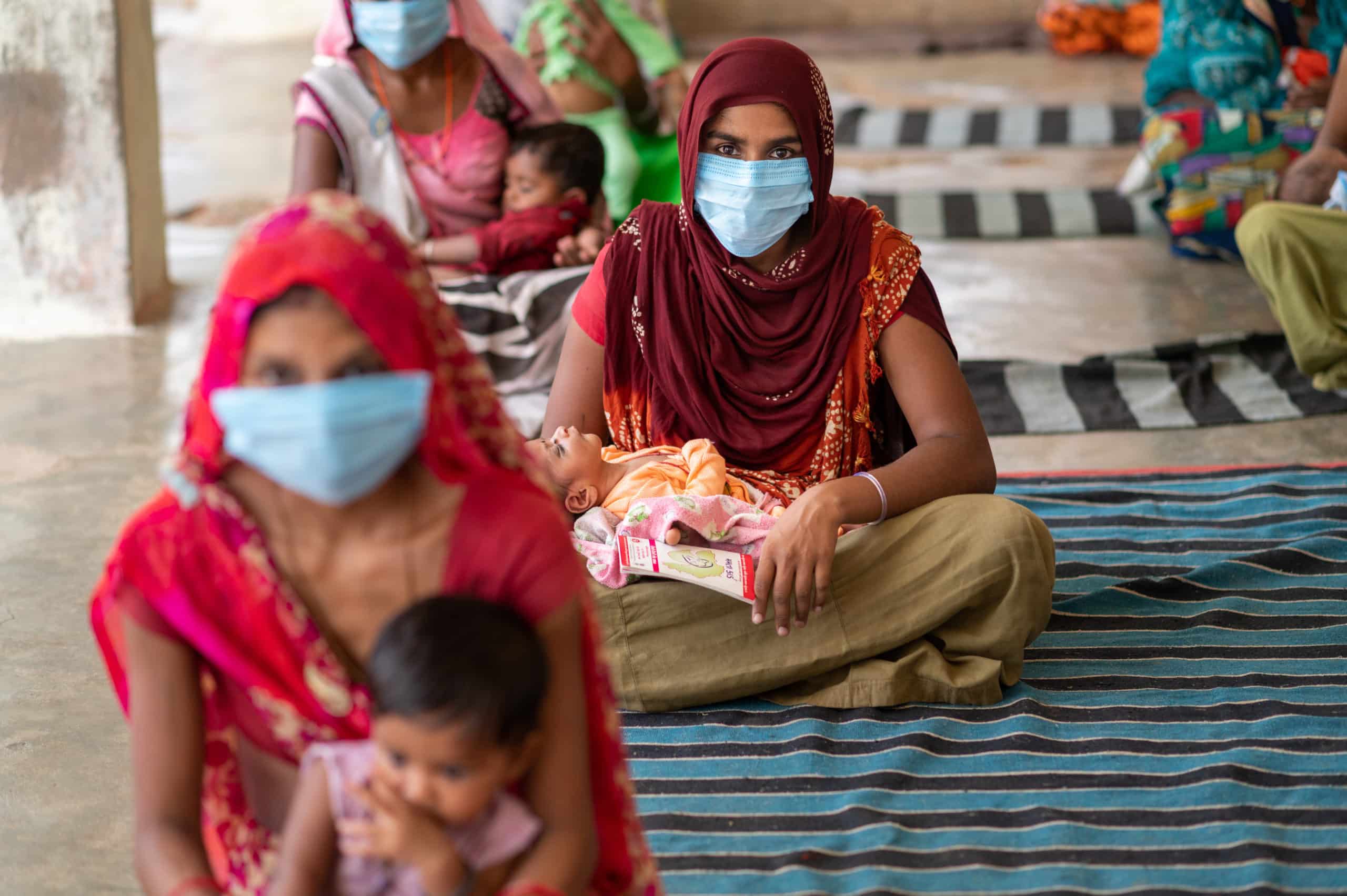In late 2018, the Johns Hopkins Center for Communication Programs’ Kathryn Bertram was assigned to a new project designed to expand global capacity to respond to major disease outbreaks.
The READY project, led by Save the Children and funded by USAID’s Bureau of Humanitarian Assistance (BHA), was a response to gaps identified in how governments, donors and aid agencies coordinate and respond to far-reaching disease epidemics, most notably the 2014 West African Ebola outbreak.
CCP was tapped to lead the risk communication and community engagement (RCCE) component of the initiative. It was only a matter of time, experts said, before we would see a new untreatable infectious disease – one likely to originate in an animal – become a global pandemic.
As we know now, COVID-19 – a disease that has killed millions of people around the world – would appear just one year later, expanding from a market in China, where the first cases were detected, to almost every corner of the Earth.
But with contributions from the READY Project, non-governmental organizations responding to the outbreak were, well, more ready to tackle the challenge. Readiness activities included organizing coordination calls with high-level organizations under the global RCCE Collective Service umbrella, leading the development of inter-agency guidelines and a readiness toolkit, conducting workshops and webinars, and more.
“There was knowledge that something like this was inevitable soon,” says CCP’s Bertram, who is the social and behavior change lead for the project. “We just didn’t expect it amid a three-year project. But by the time COVID-19 emerged, we had spent a year thinking about and developing tools to help address a pandemic, so when the actual pandemic started, we were able to adapt and share our resources and learnings at the global, regional and country levels.”
Now, READY has been awarded another $6.5 million from USAID’s BHA for two more years, which will be used to ensure that humanitarian NGOs have the tools, knowledge and skills to support communities affected by public heath emergencies more effectively.
Among the new strategies: Creating more eLearning courses on how to plan for and react to new threats, including a self-directed RCCE course that operationalizes the RCCE Readiness Kit and a digital game. This educational game will be designed to test applied epidemiology, RCCE and protection knowledge and skills when responding to outbreaks through an online simulation. A blended learning RCCE training program, which integrates an outbreak scenario throughout the course and a includes a mentorship package, will be rolled out to a select number of countries. These trainings will include the online simulation after the pilot is launched in 2023.
Bertram says that READY was able to contribute to the leadership and creation of early global COVID-19 RCCE guidance documents, including those focusing on key considerations for conflict settings and migrant populations, organize virtual workshops and improve the technical skills of NGOs involved in efforts to engage communities and spread tailored prevention messages.
Because the pandemic emerged as READY was rolling out outbreak readiness workshops, they were one of the first to develop RCCE readiness checklists, guidelines for risk communication message development guidance for COVID-19, guidance on COVID-related stigma and the importance of gathering, analyzing and responding to harmful rumors and misinformation about the virus, and early monitoring and evaluation frameworks with sample indicators.
Even though the COVID pandemic isn’t over, more than two years after the WHO declared it, “there has been a huge amount of lessons learned from the COVID-19 pandemic,” she says, such as how to coordinate two-way communication and community engagement when in-person gatherings are discouraged, the vital role of empathy in communication with communities and a better understanding of how to share information in a way that will bring about urgent behavior change.
This next phase of READY is also led by Save the Children, with consortium members that include CCP, the Johns Hopkins Center for Humanitarian Health, UK-Med and the Humanitarian Leadership Academy.





